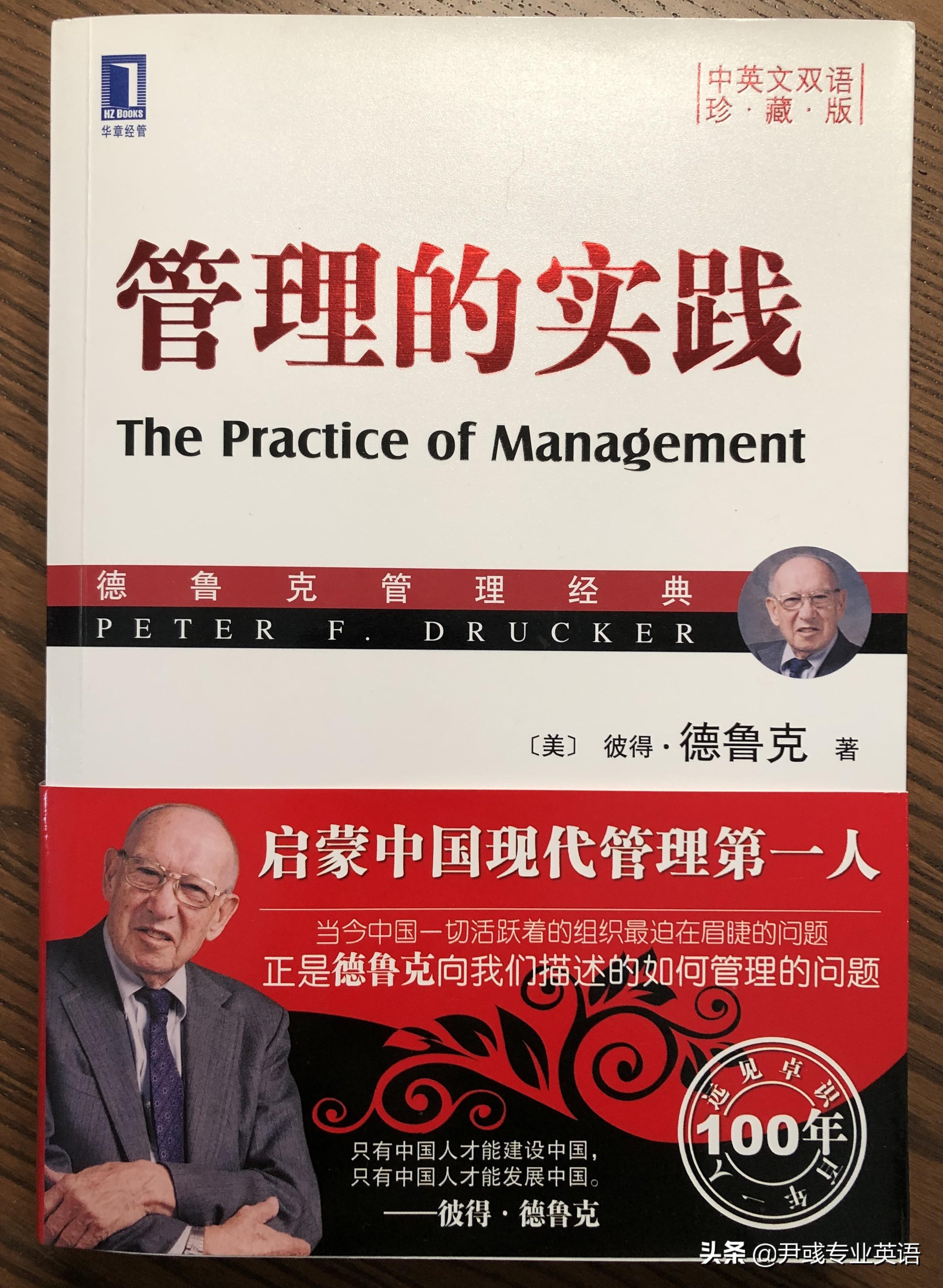摘要:税务审计是一项重要的财务审查程序,旨在确保税收的合规性和准确性。它也面临着诸多挑战,如复杂的税法规定、审计资源的有限性以及不断变化的商业环境等。通过对税务审计的深入研究,可以更好地理解其在确保税收公平、防止欺诈和推动合规性方面的重要性。应对挑战的策略和方法的探讨也是至关重要的。
In the realm of finance and accounting, tax audit plays a pivotal role. It is a process of reviewing and verifying tax returns to ensure compliance with tax laws and regulations. As the complexity of tax systems increases worldwide, the significance of tax audit becomes more evident. This article delves into the importance of tax audit and the challenges that come with it.
I. The Importance of Tax Audit
1、Compliance with Tax Laws: The primary objective of tax audit is to ensure that taxpayers comply with the existing tax laws and regulations. It ensures that taxes are paid on time and in full, preventing any illegal activities related to tax evasion or fraud.
2、Detection of Errors and Fraud: Tax audit helps detect any errors or fraudulent activities in tax returns. It involves scrutiny of financial records, transactions, and other relevant documents to identify any discrepancies or irregularities.
3、Fair Tax Collection: A fair tax system depends on accurate tax collection. Tax audit helps ensure that taxes are collected fairly and equitably, preventing any undue burden on honest taxpayers.
4、Promotion of Transparency: Tax audit promotes transparency in financial transactions and reporting. It encourages businesses and individuals to maintain proper financial records, making it easier for authorities to monitor and evaluate tax compliance.
II. Challenges in Tax Audit
1、Complexity of Tax Laws: The complexity of tax laws poses a significant challenge to tax audit. With the constant evolution of tax systems and regulations, it becomes difficult for auditors to keep up with the latest changes and ensure compliance.
2、Data Analysis: As businesses grow, the amount of financial data also increases. This vast amount of data poses a challenge for auditors to analyze and identify any discrepancies or irregularities.
3、Cross-border Transactions: With globalization, cross-border transactions have become common. These transactions involve complex legal and tax implications, making it challenging for auditors to ensure compliance across different jurisdictions.
4、Technological Advances: The advent of technology has brought numerous changes in the field of tax audit. Auditors need to keep up with the latest technological advancements to perform their duties effectively. However, the lack of skilled professionals in technology-driven audit poses a challenge.
III. Solutions to Address Challenges in Tax Audit
1、Simplification of Tax Laws: To address the complexity of tax laws, authorities should strive to simplify them, making it easier for both taxpayers and auditors to understand and comply with them.
2、Data Analytics: To tackle the challenge of data analysis, auditors should embrace technology and use data analytics tools to analyze vast amounts of financial data efficiently.
3、Cross-border Collaboration: To ensure compliance across different jurisdictions, authorities should collaborate and share information to facilitate cross-border tax audit. This collaboration can help identify any discrepancies or irregularities in cross-border transactions.
4、Training and Development: To address the challenge of technological advancements, authorities should provide training and development programs for auditors to equip them with the necessary skills and knowledge to perform their duties effectively.
IV. Conclusion
Tax audit is crucial in ensuring compliance with tax laws, detecting errors and fraud, fair tax collection, and promoting transparency. However, it faces numerous challenges, including complexity of tax laws, data analysis, cross-border transactions, and technological advances. To address these challenges, authorities should simplify tax laws, embrace data analytics, collaborate across borders, and provide training and development programs for auditors.


